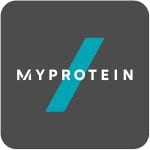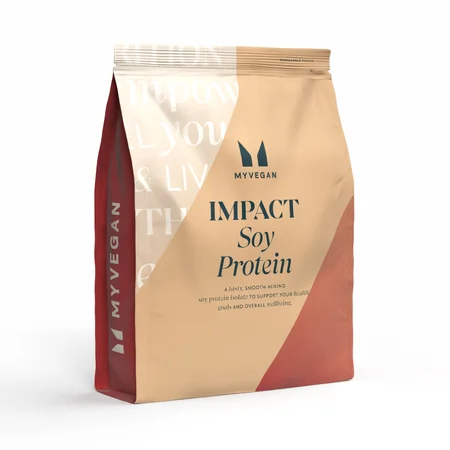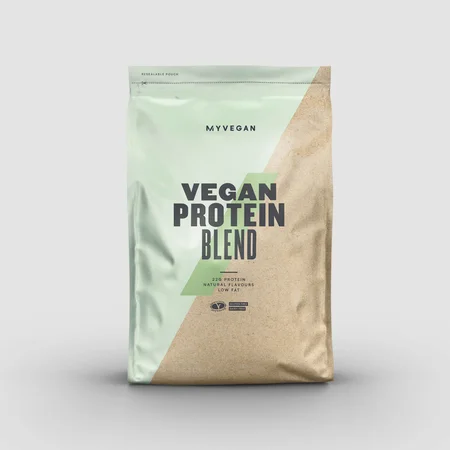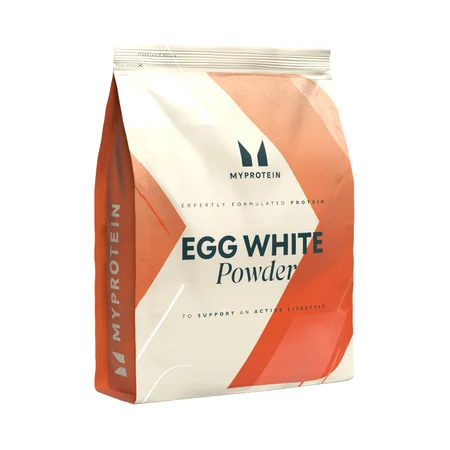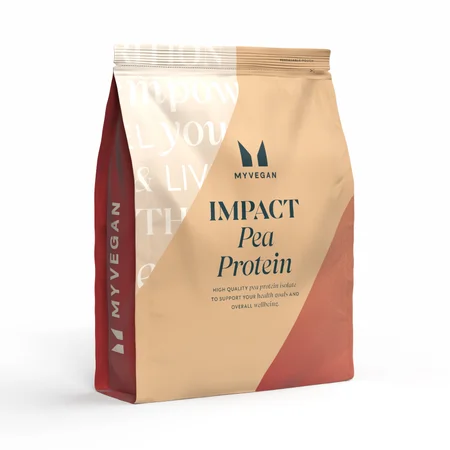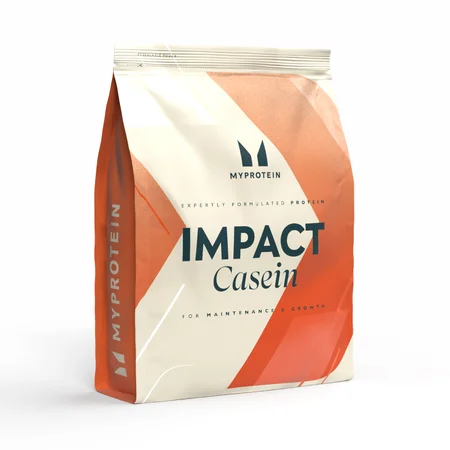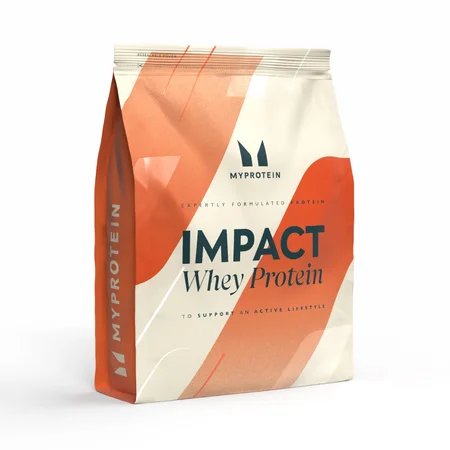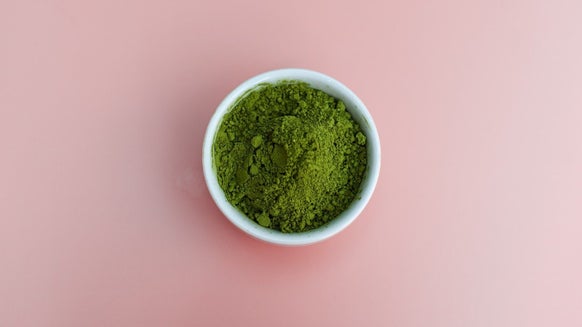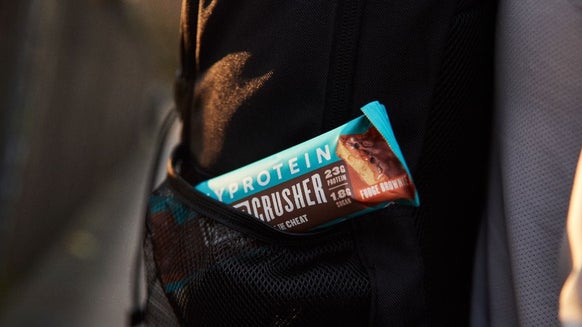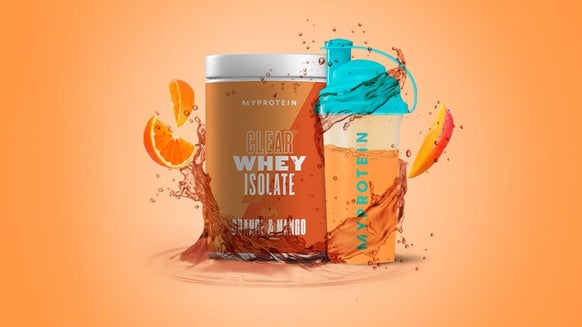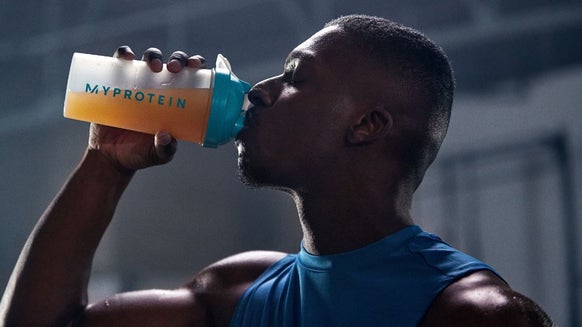The 9 Best Whey Protein Alternatives
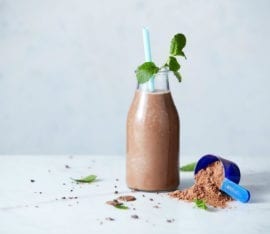
Why consider a whey protein powder alternative?
For many gym goers, weightlifters, athletes and the health and diet- conscious among us, whey supplementation is synonymous with protein as if it is the only option available.
Whey protein is just one option, which derives from milk, along with casein. Whey is created in the production of cheese, from the liquid whey that remains when curds come together. When whey protein is made the whey liquid is processed and refined to separate the proteins from the fats and lactose, and then dried to produce a powder. Whey protein contains all 9 essential amino acids, making a great and very popular go-to for protein supplementation.
But there are others that may suit allergies and fulfil certain dietary requirements such as vegan and vegetarian bodybuilders.
The 9 Best Whey Protein Alternatives

1. Vegan and vegetarian protein powder
First up is vegan protein powder, a blend that contains protein derived from plant-based sources. Myprotein’s tri-blend of pea protein, brown rice protein and hemp protein combines these top sources of BCAAs (the building blocks of protein, which add to the structure of your new muscle tissues). Along with these essential amino acids, this specially vegan- tailored product packs a whopping 22g of protein.
2. Lactose-free protein powder
One of the most common concerns for gainers trying to get their daily recommendation of protein is lactose. As the mighty whey derives from milk and cheese, lactose intolerant folk and those of us simply wishing to avoid lactose-containing products in our diets. As with the average vegan and vegetarian protein powders, your answer is to seek out a plant or egg-based proteins including brown rice, hemp and pea protein powders. The good news is that you'll be pleasantly surprised to learn the protein per serving content rivals that of whey.
3. Organic protein powder
Have you gone organic? Organ protein powders are the way forward for anyone looking to avoid artificial ingredients, soy or sweeteners. Our Organic Whey Protein is created in strictly controlled, certified organic dairies in which cows are able to live as naturally as possible. The cows are fed on rich, green pastures and the whey is ultra- filtered, providing 20g of protein per serving.
4. Hemp protein powder
Hemp is considered the most popular of the plant-based proteins, featuring a substantial amount of the nine essential amino acids, making it perfect for the development of lean muscle and recovery.
Further to this is its high content of omega-6 and omega-3 fatty acids, which you usually get from foods such as fish. Again, good news for vegetarians, as these massively contribute to the wellbeing of your heart and joints. Our 100% Hemp Protein Powder also doesn’t come with unnecessary additives.

5. Pea protein powder
Pea Protein Isolate contains around 23g of protein per scoop, making it a real contender in the absence of whey. It is also known to help with weight management for anyone looking to cut body fat because of its ability to leave you feeling more ‘full’ between meals.
6. Brown rice protein powder
Brown Rice Protein features 23g of protein per serving and rice gives those of us avoiding whey a great option that suits vegetarians and vegans. It is also chock full of iron, providing you 10 percent of your daily recommendation in just one tablespoon.
You may usually think of rice as a source of carbs, but it’s good news for anyone looking to limit their carb intake as brown rice protein is isolated, containing only 2g of carbs per tablespoon.
7. Soy protein powder
Soy protein powder is just as effective as many animal-based proteins. It is also a great source of protein for anyone looking to trim fat. Soybeans are a legume that are naturally high in protein and also fairly low in fat. Soybean meal is processed into soy protein isolate, which consists of around 90 to 95 percent protein. This process minimises fats and carbs. Our Soy Protein Isolate packs a mighty 27g of protein per serving!
8. Egg white protein powder
Egg whites are widely known as a top dietary source of protein for building muscle. Egg protein is highly bioavailable, meaning that your body (namely muscles) use more of it when it is digested. It is also higher in branched chain amino acids (BCAAs)—6.7g of BCAA compared to the 5.5g you get from whey. Egg white protein powder is also naturally free of fat and carbs.

9. Casein protein powder
Casein, like whey, is a product of milk. The foremost benefit of casein is its ability to keep you satiated (feeling full). It is a slow-digesting protein, which makes it perfect for taking last thing at night to ward off cravings and avoid that eight hour fast when you sleep. The benefit of this is greater muscle retention and fat loss.
Take home message
It’s important to remember, particularly for vegans, vegetarians or those trying to reduce the amount of animal products in their diet, that whey is not the be all and end all for protein supplementation. There are plenty of plant and egg-based powders out there with an equally high protein content.
FAQ
What are the alternatives of whey protein?
The most common alternatives of whey protein are vegan proteins such as hemp, pea, brown rice and soy proteins. Other non-vegan alternatives include egg white and casein protein.
Why should I consider whey protein alternatives?
Whey protein alternatives may be more suitable for those with allergies or certain dietary alternatives such as vegan or vegetarian athletes.
What types of vegan protein powder are there?
The most common vegan protein powders include those sourced from soy, hemp, pea and brown rice. There are also vegan blends which contains protein from a mix of vegan sources.
What types of lactose-free protein powder are there?
For those avoiding lactose-containing products, there are a range of protein powders including those from vegan or egg-based sources.
What is organic protein powder?
Organic protein powders avoid the inclusion of artificial sweeeners, soy or sweeteners.
